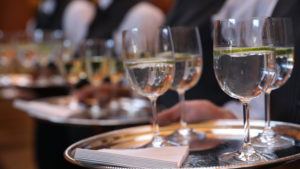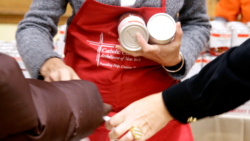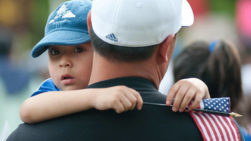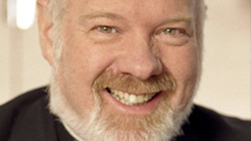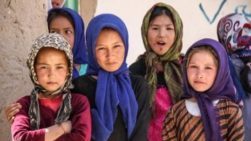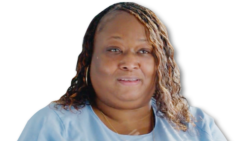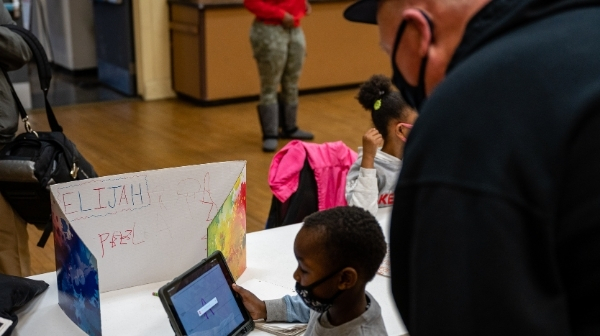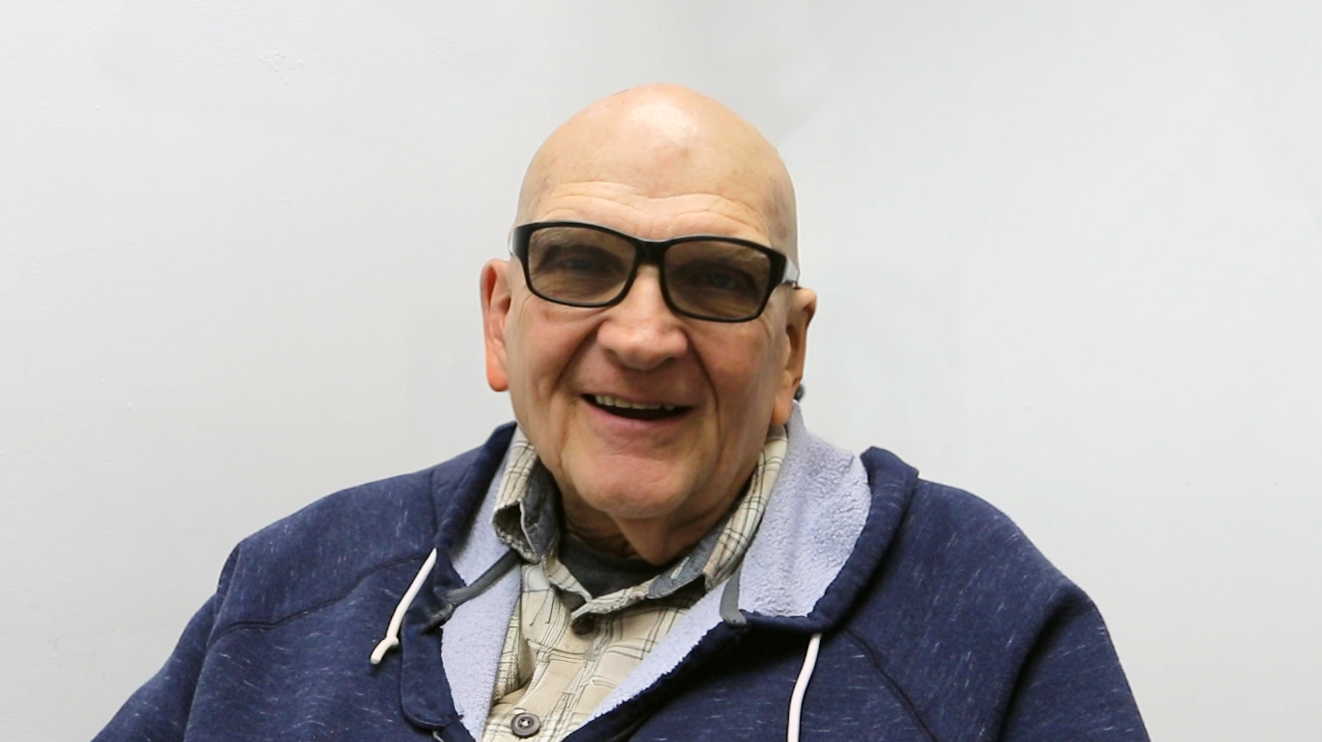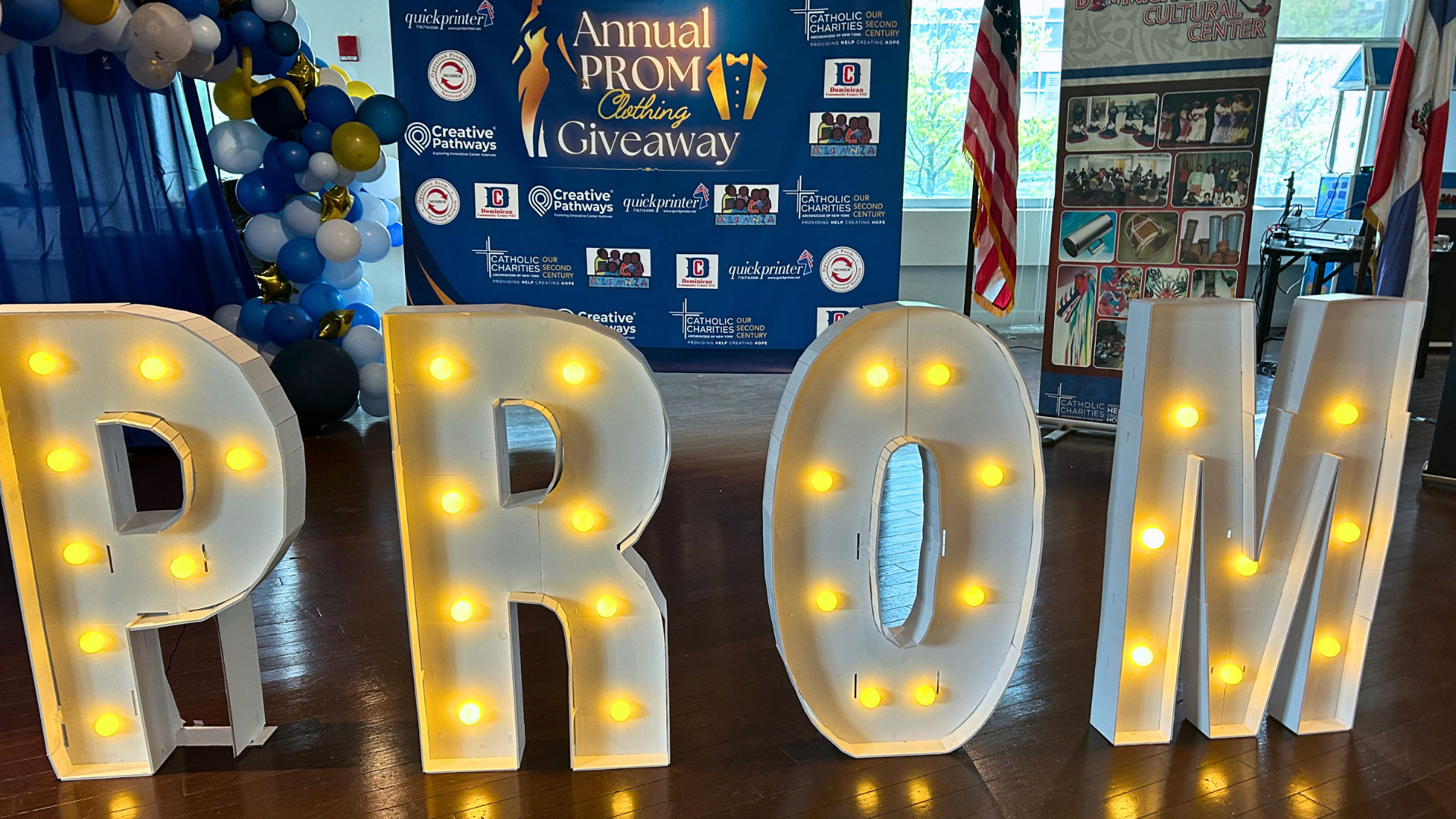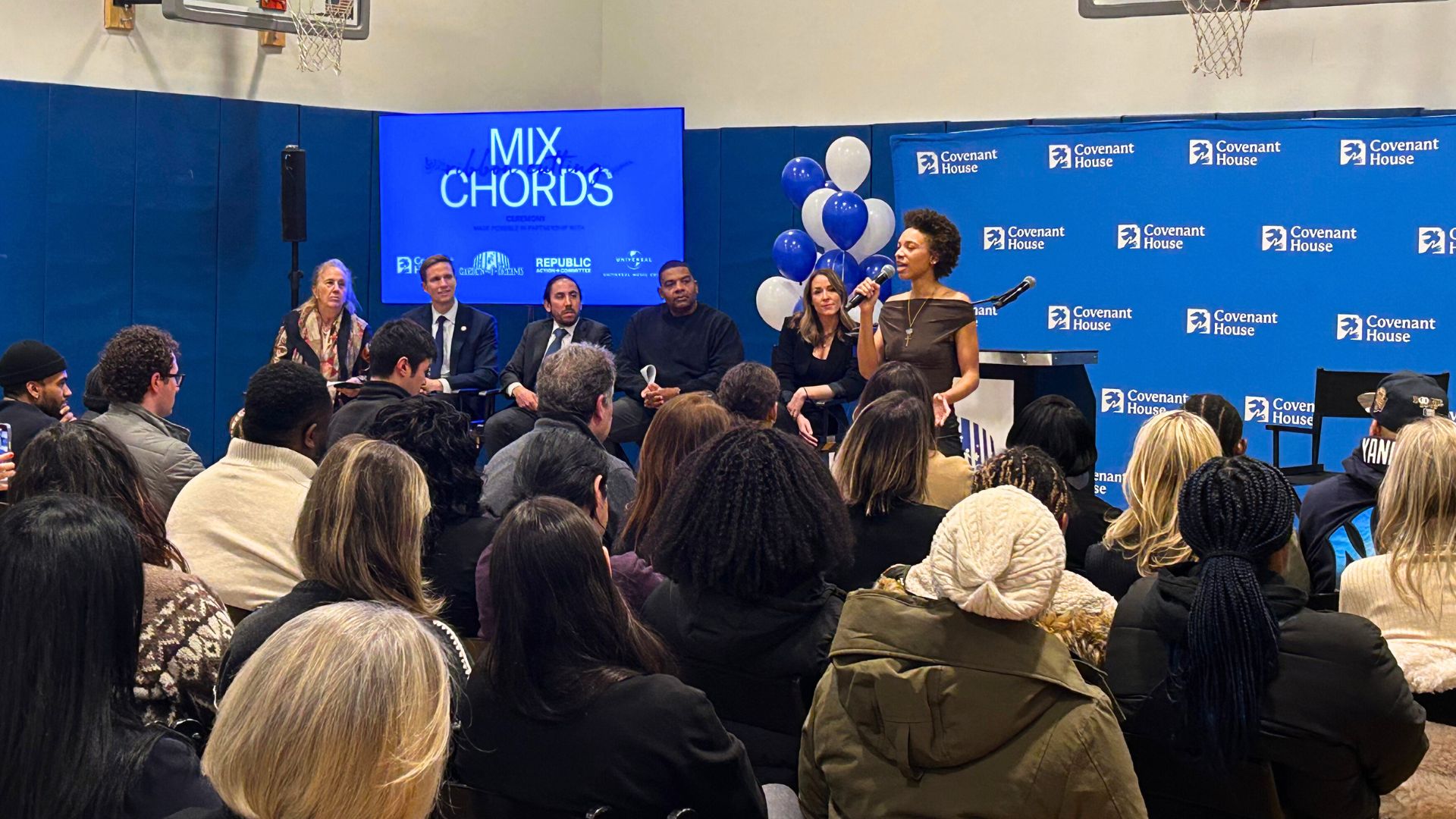Deacon Rodney Beckford shares the importance of the Kennedy Center
In the wide landscape that is Catholic Charities of the Archdiocese of New York, there is a particular place where a unique kind of change is happening. At the Lieutenant Joseph P. Kennedy Jr. Center in the Harlem neighborhood of Manhattan, the community is able to access community services that are changing lives. In a neighborhood as important to Black culture as Harlem has been, I hoped to better understand the significance of the Center to the community. I had a long talk with the Deacon of historic St. Charles Borromeo Church in Harlem, and the Center’s director, Rodney Beckford.
The Kennedy Center has been an important part of community life in Harlem for many years. Currently, over forty different community organizations operate out of it, including one of the Catholic Charities Community Services offices. The Kennedy Center has programs and outreach to serve everyone. Here are just a few examples:
Hoop Haven and Athletes-to-Men: This is a youth sports program operated by Catholic Charities. Hoop Haven is for older children, while Athletes-to-Men (which also includes girls) focuses on children 9-12 years old. But these programs reach far beyond sports. They also connect case management to the parents and families of the participants.
Catholic Guardian Services: “CGS”, an agency of Catholic Charities, provides supportive services to families, young single parents, and unaccompanied minors. They give shelter, care, treatment, rehabilitation, counseling, training, and connection to high-quality allied services to all in need, Catholic or not. This program helps many people in the community who may not necessarily seek help elsewhere.
The Office of Black Ministry: While not housed at the Kennedy Center, the Office of Black Ministry, (a division of the Archdiocese of New York) has a lot of activities happening in and around the Center. With the Center as a central hub for the many parishes that make up the area, the Office of Black Ministry brings activities, like the recent “Goods for Good” program which collected and distributed non-perishable food items, cleaning supplies, and personal protective equipment.
Other programs and services at the Lieutenant Joseph P. Kennedy Jr. Center include “Back to Work” a NYS Public Assistance Program, HPD Housing Assistance Program, DOA Senior Citizen Day Center Program, CYO programs, emergency pantry assistance and numerous senior, adult, teen and children’s activities.
Deacon Rodney was clearly enthusiastic about the many things happening at the Center. When asked about what impact the Coronavirus has had on the ability to perform their good works, he told me that while foot traffic has gone from 14K a month down to (a safe and socially distant) 3K a month, it hasn’t stopped any delivery of services.
Hoop Haven, as an example, went virtual, bringing sport and training to homes – something hard to envision, but with the hard work of the staff and participation if the youth, it took off. The Food Pantry model had to change too, and it did; The Feed Our Neighbors program operated out of the Kennedy Center (among other places) which managed to feed over a million people during a six-month period of the pandemic. Hundreds of wellness calls to those who could no longer visit the Center safely kept lines of communication open and made sure no one who needed help was being overlooked.
When I asked how they could accomplish so much, Deacon Rodney explained, “We work closely with our partners, and there are many of them.” He talked about the graduates of the “Divine Nine” National Pan Hellenic Council (historically Black fraternities and sororities), the local community and clergy council, the 32nd police precinct, the Department of Aging, the National Action Network, New York Presbyterian, the Office of Black Ministry, and his list went on. The scope of the coalition was impressive, but so were the priorities they agreed on:
- promoting civic responsibility
- understanding and dismantling the mechanisms of racism
- knowing how to get the help when you need it
“We’re trying inform and enlighten the wider community,” said Deacon Rodney. “We have done well staying in contact with our core communities, especially during Covid-19, but our goal now is to reach the people who are not getting the message. We are designing workshops on health, nutrition, civics, money management, and we are welcoming families in and outside of our traditional reach.”
In Harlem, at the Kennedy Center, a new civic responsibility is growing from well-established roots. They are not merely feeding the needs of today, which are many, but they are learning together how to construct and sustain a healthy community for the future.

